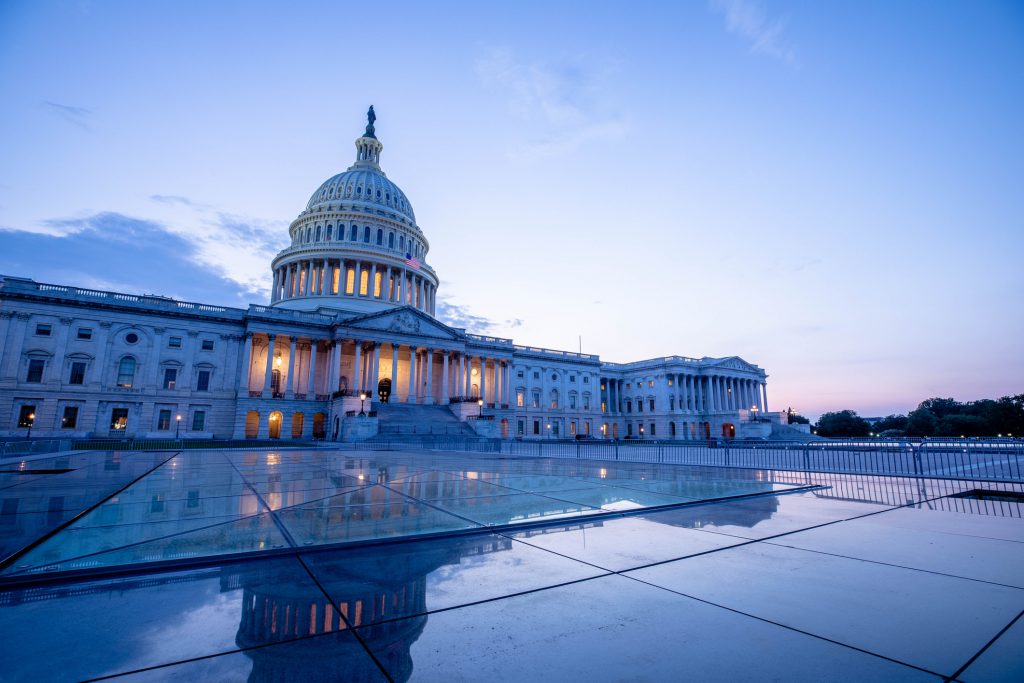In a 405-page report entitled “Investigation of Competition in Digital Markets,” the House of Representatives Judiciary Committee’s Antitrust subcommittee released findings marking the culmination of its 16-month long investigation into the major players in the digital economy, Amazon.com, Inc., Apple Inc., Google, LLC, and Facebook, Inc. The Oct. 6 report found that the markets these companies dominate, including social networking, general online search, and online advertising, are both highly concentrated and impacted by the platforms’ monopoly power.
The subcommittee’s inquiry dates back to June 3, 2019 when it announced a bipartisan investigation to “(1) document competition problems in digital markets; (2) examine whether dominant firms are engaging in anticompetitive conduct; and (3) assess whether existing antitrust laws, competition policies, and current enforcement levels are adequate to address these issues,” according to the report. The subcommittee held seven oversight hearings wherein witnesses, including the companies’ CEOs, provided testimony. Subcommittee staff also conducted interviews as part of the information gathering process.
The report’s chief finding is that “the digital economy has become highly concentrated and prone to monopolization.” Further, it stated, “the companies investigated by the Subcommittee—Amazon, Apple, Facebook, and Google—have captured control over key channels of distribution and have come to function as gatekeepers. Just a decade into the future, 30% of the world’s gross economic output may lie with these firms, and just a handful of others.”
The report alleged that the companies have sacrificed user data privacy and consumer choice in their quests to obtain and maintain dominance. Further, the report found, the tremendous market power these companies now hold “risks undermining both political and economic liberties.” Finally, it noted that the dominant platforms have used both direct lobbying and the funding of think tanks and academic research to influence their policymaking processes.
After outlining the issues created by the reported market domination of the four companies, the filing names and describes possible remedies to “restore competition in the digital economy … strengthen the antitrust laws, and … reinvigorate antitrust enforcement,” the subcommittee’s press release explained.
According to the same announcement, suggested remedies included:
- Structural separations to prohibit platforms from operating in lines of business that depend on or interoperate with the platform;
- Prohibiting platforms from engaging in self-preferencing;
- Requiring platforms to make their services compatible with competing networks to allow for interoperability and data portability;
- Mandating that platforms provide due process before taking action against market participants;
- Establishing a standard to proscribe strategic acquisitions that reduce competition;
- Improvements to the Clayton Act, the Sherman Act, and the Federal Trade Commission Act, to bring these laws into line with the challenges of the digital economy;
- Eliminating anticompetitive forced arbitration clauses;
- Strengthening the Federal Trade Commission (FTC) and the Antitrust Division of the Department of Justice; and
- Promoting greater transparency and democratization of the antitrust agencies.
